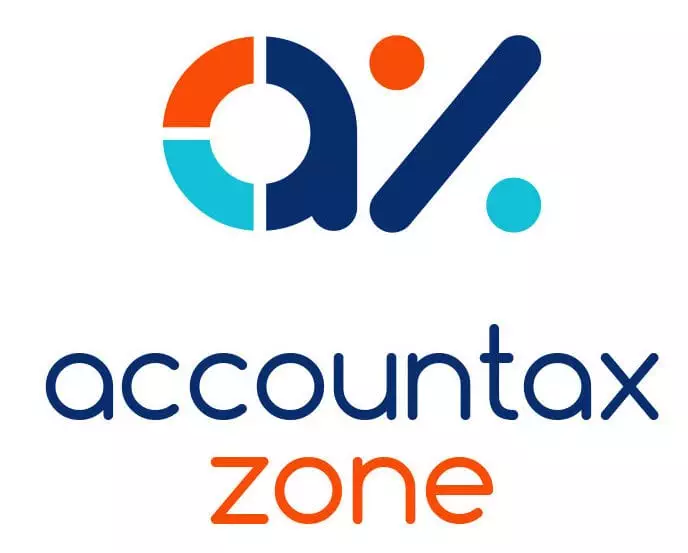Introduction
Taxation can be a complex and overwhelming aspect of running a small business. However, with the right knowledge and strategies, you can minimise your tax liability and ensure compliance with HMRC regulations. Here are some top tax tips to help small businesses in the UK navigate the tax landscape effectively.
1. Keep Accurate and Up-to-Date Records
Maintaining accurate records of all your financial transactions is crucial. This includes receipts, invoices, bank statements, and payroll records. Proper record-keeping not only helps in preparing accurate tax returns but also serves as evidence in case of an HMRC audit. Consider using accounting software like XERO or QuickBooks to streamline this process and reduce the risk of errors. Regularly reconciling your accounts will help you catch discrepancies early and keep your financial data accurate.
Expert Tip
Set up a system for organizing and storing your documents digitally. This can save time and reduce the risk of losing important paperwork. Tools like Dext, Hubdoc, or auto entry can help automate the capture and categorization of expenses.
2. Understand Allowable Expenses
Small businesses can claim a variety of allowable expenses to reduce their taxable income. These expenses must be incurred wholly and exclusively for business purposes. Common allowable expenses include office supplies, travel costs, marketing expenses, and employee salaries. Make sure to keep receipts and documentation for all claimed expenses.
Expert Tip
Don’t overlook less obvious expenses like home office costs, professional memberships, and training courses. If you use part of your home for business, you can claim a portion of your home expenses, such as utilities and rent/mortgage interest.
3. Take Advantage of Capital Allowances
Capital allowances allow you to claim tax relief on certain capital expenditures. This includes costs related to purchasing business assets such as machinery, equipment, and vehicles. The Annual Investment Allowance (AIA) is particularly beneficial, allowing businesses to deduct the full value of qualifying items up to a certain limit.
Expert Tip
Consider the timing of your capital purchases. Buying just before the end of your financial year can accelerate your tax relief, whereas delaying until the new year might defer it.
4. Make Use of Tax Reliefs and Credits
The UK government offers various tax reliefs and credits that can significantly reduce your tax bill. For instance, the Research and Development (R&D) Tax Credit is available to companies investing in innovation. Additionally, the Employment Allowance can reduce your National Insurance bill if you employ staff. Stay informed about available reliefs and ensure you are taking full advantage of them.
Expert Tip
Regularly review HMRC updates and consult with your accountant to identify new or underutilised reliefs. For example, the Patent Box scheme can reduce your Corporation Tax on profits earned from patented inventions.
5. Plan for Corporation Tax
Corporation Tax is payable on the profits of limited companies. To avoid a last-minute scramble, plan ahead and set aside funds throughout the year to cover your Corporation Tax bill. Consider making quarterly tax payments to spread the financial burden. Additionally, review your company’s structure and operations regularly to identify opportunities for tax efficiency.
Expert Tip
Investing in pension schemes can be a highly effective tax-saving strategy. Contributions to schemes like Self-Invested Personal Pensions (SIPPs) and Small Self-Administered Schemes (SSAS) are tax-deductible, reducing your taxable income. SSAS, in particular, offers greater control over investments and can be used to fund business operations, providing both a retirement benefit and a business finance tool.
6. Optimise Your Payroll:
Effective payroll management can lead to significant tax savings. Utilise salary sacrifice schemes where possible, and ensure you’re compliant with PAYE regulations. Offering tax-efficient benefits like pensions and childcare vouchers can also reduce your overall tax burden.
Expert Tip
Explore the benefits of hiring apprentices or interns, as the government offers incentives and reliefs for employing them. Additionally, ensure you’re aware of the latest changes in the National Minimum Wage and pension contributions to avoid penalties.
7. Seek Professional Advice:
Navigating the complexities of the tax system can be challenging. Consider hiring a professional accountant or tax advisor who specialises in small business taxation. They can provide tailored advice, help you identify tax-saving opportunities, and ensure that you remain compliant with HMRC regulations.
Expert Tip
Establish a relationship with an accountant who understands your industry. They can provide insights specific to your business type and help you stay ahead of regulatory changes.
Conclusion
Effective tax management is essential for the financial health of your small business. By keeping accurate records, understanding allowable expenses, taking advantage of reliefs and allowances, and seeking professional advice, you can minimise your tax liability and focus on growing your business. Stay proactive and informed to ensure that your business remains tax-efficient and compliant.
Need help with your small business taxes? Contact our expert team at info@accountaxzone.com for personalised tax advice and support. Let us help you navigate the complexities of the tax system and maximise your savings.










